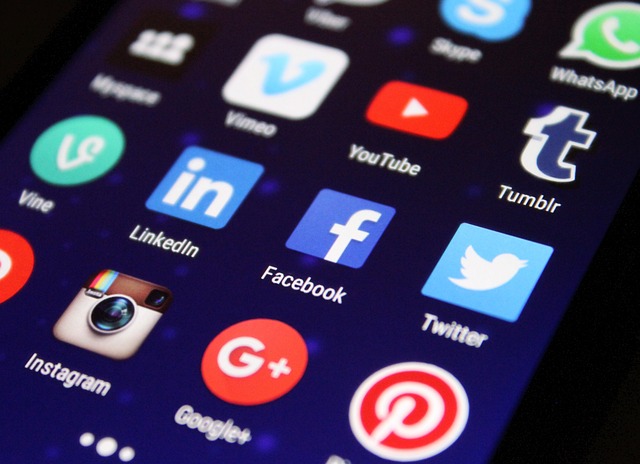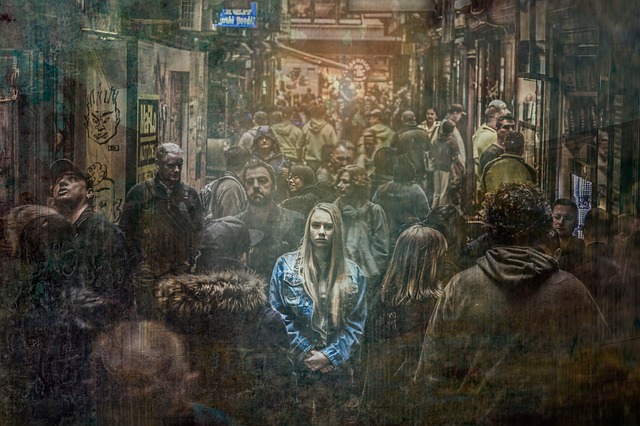In today’s digitally driven world, social media has transformed the way we connect with others, providing us with new platforms to forge valuable relationships. The rise of social media eco connections exemplifies how networking can extend beyond conventional platforms, catering specifically to those passionate about environmentalism, sustainability, and eco-friendliness. This modern form of engagement has led to an expansive community of like-minded individuals who share ideas, resources, and opportunities to promote a greener planet.
One of the most significant impacts of social media on eco connections is the ability to reach a global audience instantly. No longer are we confined to our local communities; platforms like Instagram, Twitter, and Facebook allow us to engage with environmental advocates worldwide. By following influential environmental activists and organizations through these channels, individuals can stay informed about the latest initiatives and campaigns. This immediacy fosters a sense of unity and collaboration among those who might otherwise feel isolated in their efforts to champion eco-conscious behavior.
Moreover, social media serves as a powerful tool for amplifying voices that often go unheard in traditional networks. By utilizing hashtags related to environmental issues, users can discover communities aligned with their interests. For instance, the #ZeroWaste, #PlasticFree, and #SustainableLiving movements have gained considerable traction, connecting individuals who are determined to make a difference. These online interactions can spark friendships, allow for shared experiences, and create a platform for advocacy, further strengthening the bonds created through social media.
Citizen science initiatives offer another realm where social media encourages eco connections. Various platforms enable enthusiasts to report wildlife sightings, share pollution photos, and participate in local clean-up efforts. These user-generated contributions not only promote individual involvement but also bolster larger research projects. The collective power of citizen data gathered through social media can provide vital insights into environmental trends, promoting informed decisions and encouraging collaboration between scientists and the public.
Building a network through social media allows environmentalists to tailor their connections based on shared values and passions. Users can curate their feeds based on interests such as renewable energy, conservation efforts, or eco-friendly products. This personalized approach to social media engagement helps individuals cultivate a network of contacts that fuels their passion for sustainability and inspires collective action.
On an emotional level, social media can transform solitary eco efforts into communal movements. Finding a support system online can provide individuals with motivation and encouragement. Connecting with others who share the same enthusiasm for environmental justice can elevate one’s ability to effect change. The powerful sense of community often experienced in these social media spaces serves as a reminder that one’s actions—however small—contribute to a larger mission of planetary preservation.
Furthermore, businesses and organizations are utilizing social media to build eco-conscious networks, engaging with consumers who prioritize sustainability. Brands that showcase their commitment to environmental issues resonate more with consumers, making it easier to foster loyalty and trust. This reciprocal relationship between businesses and eco-conscious consumers can create a flourishing ecosystem of advocates for sustainable products and practices.
As the world continues to navigate environmental challenges, the importance of social media eco connections grows. By embracing these digital platforms, passionate individuals can collaborate, share, and uplift one another’s efforts in creating a more sustainable and equitable future. Through networking, information sharing, and community-building, social media is not just transforming interactions; it’s enhancing our collective ability to affect real change in the world around us.




